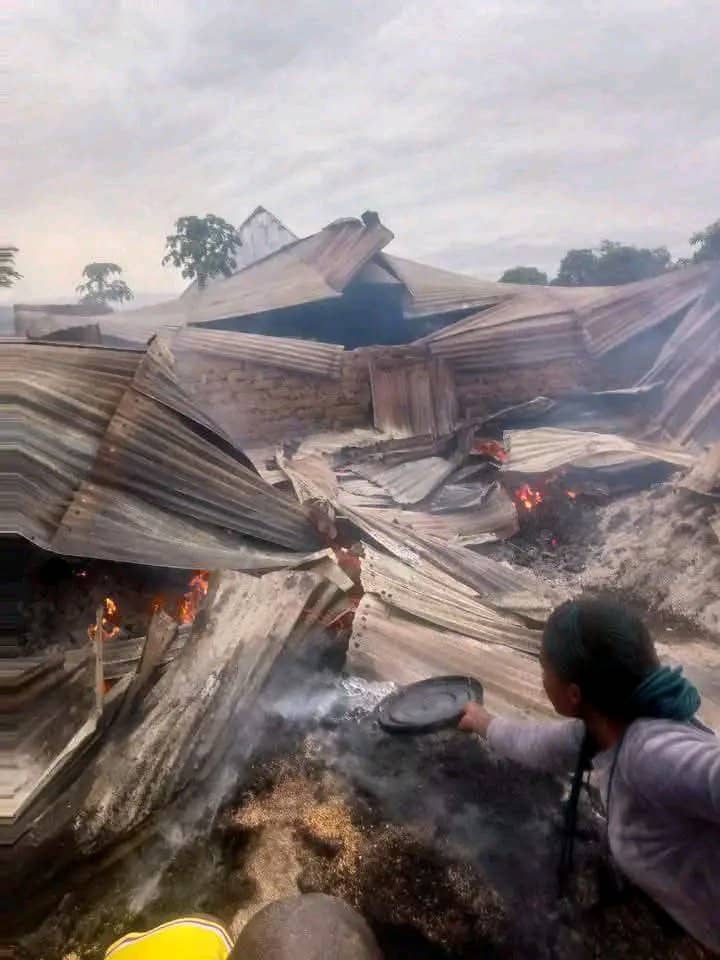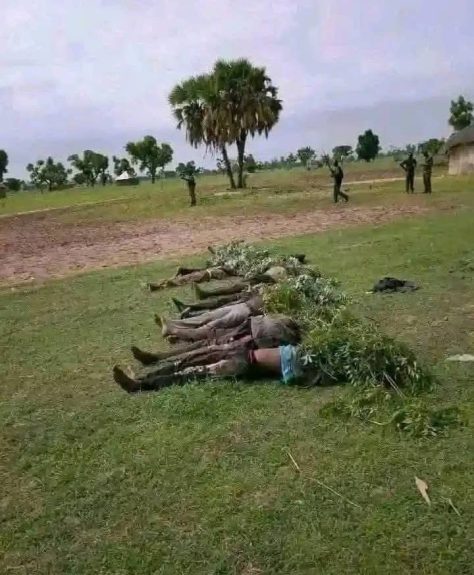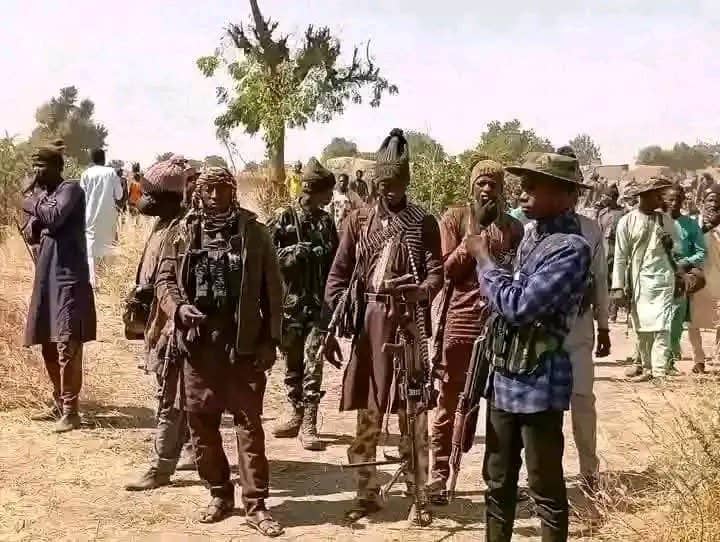
Daniel Otera
More than a week after the latest bloodbath in Benue State’s Guma Local Government Area, the shattered community of Yelwata continues to count its dead.
With over 100 people reportedly killed in a night-time attack by suspected armed herders, the massacre has further exposed the fault lines in Nigeria’s fragile security response system especially in flashpoint communities along interstate borders.
Yelwata, located on the Benue–Nasarawa axis, has long been a hotspot in the state’s troubled security landscape. But the scale of the 13 June violence which residents described as the most devastating since 2009 has once again raised hard questions about the adequacy of federal and state responses to organised armed attacks in North-central Nigeria.
Official police statements confirm that tactical teams were deployed in response to the onslaught, with some of the assailants reportedly neutralised.
However, the delayed intervention and staggering civilian casualties paint a grim picture of systemic failure. Survivors allege that the attackers operated for over two hours without resistance, leaving behind charred bodies, razed homes, and mass displacement.
The killings came barely two weeks after the Chief of Army Staff, Lieutenant-General Olufemi Oluyede, relocated to Benue to oversee military operations following a string of deadly attacks that claimed over 270 lives in less than two months.
According to figures from the Armed Conflict Location & Event Data Project (ACLED), over 800 people have been killed and nearly 400 kidnapped in the state between 2022 and 2024. Despite ongoing joint security operations, Yelwata remains a soft target. This vulnerability stems from a combination of geographic, historical, and political factors.

The town lies on the edge of Nasarawa State, where in January 2023, a Nigerian Air Force drone strike mistakenly killed at least 37 herders in Rukubi, Doma Local Government Area. The victims were reportedly offloading cattle previously seized by Benue’s Livestock Guards. That incident, though unintended, has been cited as worsening mistrust and retaliatory sentiments in the region.
Despite repeated assurances of government intervention, Benue State continues to suffer from relentless rural violence, particularly in flashpoints such as Yelwata. This persistent unrest is often traced to porous interstate borders, militarised communal tensions, and widespread socio-economic vulnerability.
Although the federal and state governments have ramped up security spending, outcomes on the ground remain disappointing.
In 2025 alone, Benue State allocated ₦46.9 billion to security-related spending covering logistics, intelligence gathering, rural patrols, infrastructure, and digital surveillance. Yet, attacks on farming communities have shown little sign of abating, especially in border towns like Yelwata which are historically exposed to cross-border raids and retaliatory violence.
The situation is compounded by Benue’s structural fragility. According to a multidimensional human development index assessment, the state ranks among Nigeria’s most socio-economically vulnerable.
Over 41 per cent of its population lives below the poverty line, based on the $2.15/day international benchmark. This level of deprivation creates a fertile ground for instability, undermining the impact of security deployments and dialogue initiatives.
While tactical teams and emergency reinforcements have been deployed in response to recent attacks, the underlying issues economic hardship, weak border control, and historic land-use disputes continue to challenge the state’s path to lasting peace.
The latest attack also coincides with the rainy season, when internally displaced persons (IDPs) are most exposed due to shelter shortages and deteriorating road networks. Most of the victims in Yelwata were reportedly displaced persons taking refuge in the town’s market square a space that tragically offered no protection from armed violence.

In response, Governor Hyacinth Alia has announced the deployment of more tactical teams and additional reinforcements from federal forces. A statement from the government also indicates that strategic dialogues are ongoing with traditional rulers, community leaders, and security stakeholders.
The Deputy Governor, Sam Ode, has visited the scene, and officials continue to urge residents to report suspicious activity through authorised channels.
Beyond troop deployments and public condemnations, the crisis in Benue’s hinterlands continues to deepen. For years, areas like Guma, Logo, and Ukum Local Government Areas have remained vulnerable to relentless attacks that often go unpunished and unprevented.
In Guma LGA, where the recent Yelwata massacre occurred, at least 40 primary and secondary schools have shut down due to repeated invasions by armed groups. According to education officials and humanitarian assessments, pupils from entire villages have been displaced, with classrooms either destroyed or converted into makeshift IDP shelters.
In the same region, farming a major livelihood source has collapsed under the weight of fear and insecurity. The once-thriving Ugba International Yam Market in Logo LGA now receives fewer than a quarter of its usual weekly truck volume. Farmers have either abandoned their land or sought refuge in displacement camps, paralysing the local economy.
Recent ACLED data shows that more than 800 people have been killed in Benue since 2022, while over 380 others have been kidnapped across rural communities. These figures underscore a broader national failure to stem the rise in rural violence particularly in regions where state capacity is weakest.
Despite the presence of military and tactical teams in flashpoints like Guma, the pattern of violence remains unchanged: sudden attacks, slow or no response, mass funerals, and then silence until the next incident.
As 2025 reaches its halfway mark, Benue’s death toll continues to climb. Entire communities now exist as ghost towns, with farms overgrown and schools reduced to rubble.
For many in Yelwata and beyond, the most urgent need is not just more boots on the ground, but a strategic rethinking of how Nigeria addresses rural insecurity through preventive intelligence, rapid response capabilities, and justice systems that work.
